Which “functional waters” are actually legit?
Sports nutritionist and hydration expert Maria Spano reveals what waters are good for you, and which ones are marketing ploys.
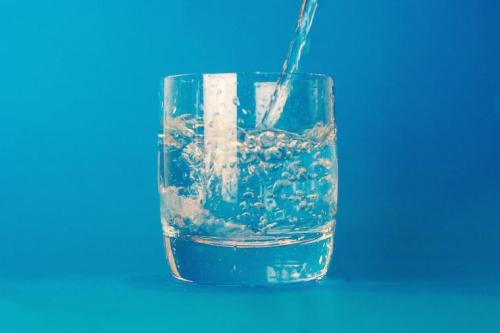
You’d think something as basic as water would be pretty, er, transparent, but lately hydration options have become surprisingly complex. There’s alkaline water, hydrogen water, water with extra electrolytes…the list goes on.
The question, of course, is whether these special “functional” waters actually have any added health benefits beyond plain old tap. We asked sports nutrition expert and hydration guru Marie Spano, MS, RD, to weigh in.
Keep reading to find out which functional waters she believes are actually legit, and which ones may not be worth the money.
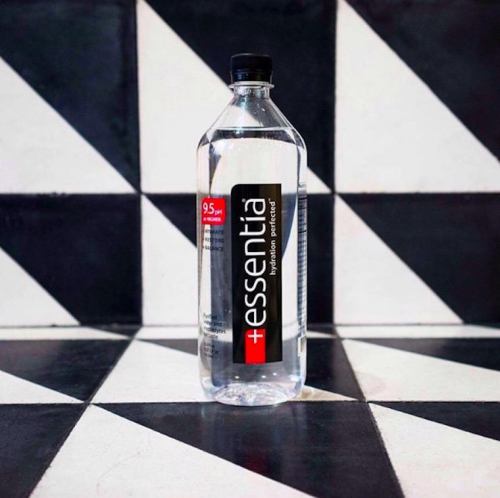
Alkaline water
Brands like Real Water and Essentia claim their alkaline water, which is less acidic than tap, helps regulate the body’s pH level—and of course, alkaline diets are already a big thing. But Spano’s skeptical. “The theory is that too much acidity is harmful, so we need to raise our pH—but the reality is that our bodies maintain a very tight pH,” Spano says. She also notes that there just haven’t been peer-reviewed studies looking at alkaline water.
The verdict
Skip it, Spano says—but she does offer one caveat. “[Alkaline water] could benefit someone who suffers from acid reflux,” she says. It may help the body buffer acidity, potentially preventing unpleasant burning and burping.
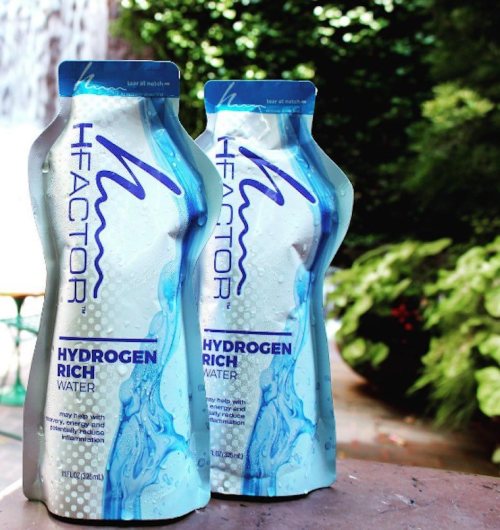
Hydrogen-rich water
Yes, water already contains hydrogen (thank you, AP chemistry!), but hydrogen-rich water contains even more of the element. Proponents say it has extra antioxidants and protects against free radicals, which can damage cells and lead to disease—all of which sounds pretty darn compelling.
The verdict
Spano isn’t sold. “Right now, there isn’t enough scientific evidence to support it,” she says. “With certain things, like leafy greens and corn, [scientists] know exactly what antioxidants they contain and what [those antioxidants] are targeting,” she says. With hydrogen water, none of that is really clear. Plus, Spano cautions that too much hydrogen can actually be dangerous. “What we do know is a build up of hydrogen ions leads to muscle fatigue,” she says.
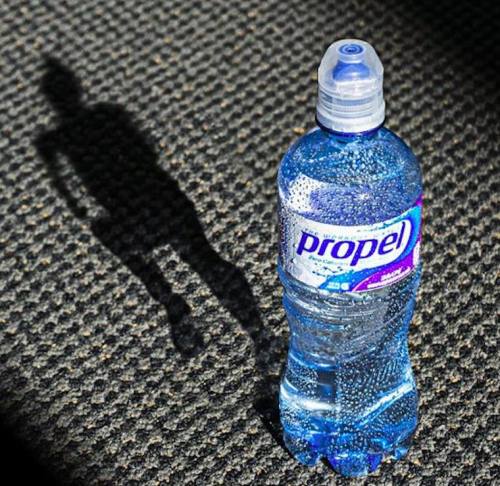
Electrolyte water
There are a few different options in this category. Coconut water is technically an electrolyte water, as are specific brands like Propel and AquaHydrate. They all help replenish the electrolytes your body loses when you sweat, Spano says, which is important because electrolytes help with things like muscle function and balancing pH.
The verdict
There are definite benefits to both coconut water (which tends to have a lot of potassium and not as much sodium) and electrolyte-enhanced waters (which tend to have more sodium and less potassium), Spano explains. Most people don’t get enough potassium in their diet, she says, and if you’re sweating a lot, you need the extra sodium. “If you’re exercising hard and you don’t replenish the sodium lost in sweat, it can lower your blood sodium level, which can be dangerous,” she adds.
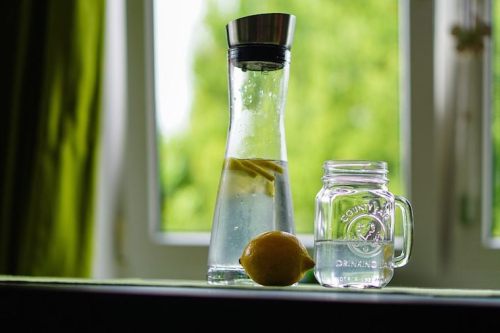
Infused water
Ever add lemon or a few cucumber slices to your water? Voila, you’ve made spa-like infused water—which sounds fancy and trendy, but is actually super simple.
The verdict:
Infuse away! “The biggest benefit is that people get taste without additional calories,” Spano says, which means you’re much more likely to actually drink enough throughout the day. But you also do get some extra plant-based health perks, she says. For example, lemon has immunity-boosting vitamin C and can help digestion.
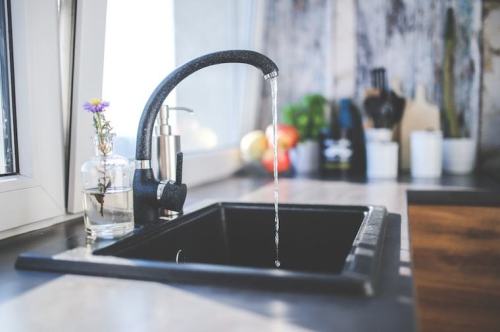
Tap water
So where does tap water stand in all of this? In Spano’s opinion, it’s still perfectly fine to rely on your city’s H20 as your main hydration source. There certainly are valid concerns about lead in many water systems in the United States, she notes that it’s generally safe. “The US EPA regulates all tap water to make sure it’s low in heavy metals and doesn’t dip below certain standards,” she says.
In other words, despite the fact that Americans spend billions of dollars every year on bottled water, what’s coming out of the tap does the job just fine.
Love coconut water? Indulge while you can—there might be a shortage soon. And don’t slack on the hydration: Here’s how bad habits can hurt your race time.
Sign Up for Our Daily Newsletter
Get all the latest in wellness, trends, food, fitness, beauty, and more delivered right to your inbox.
Got it, you've been added to our email list.










